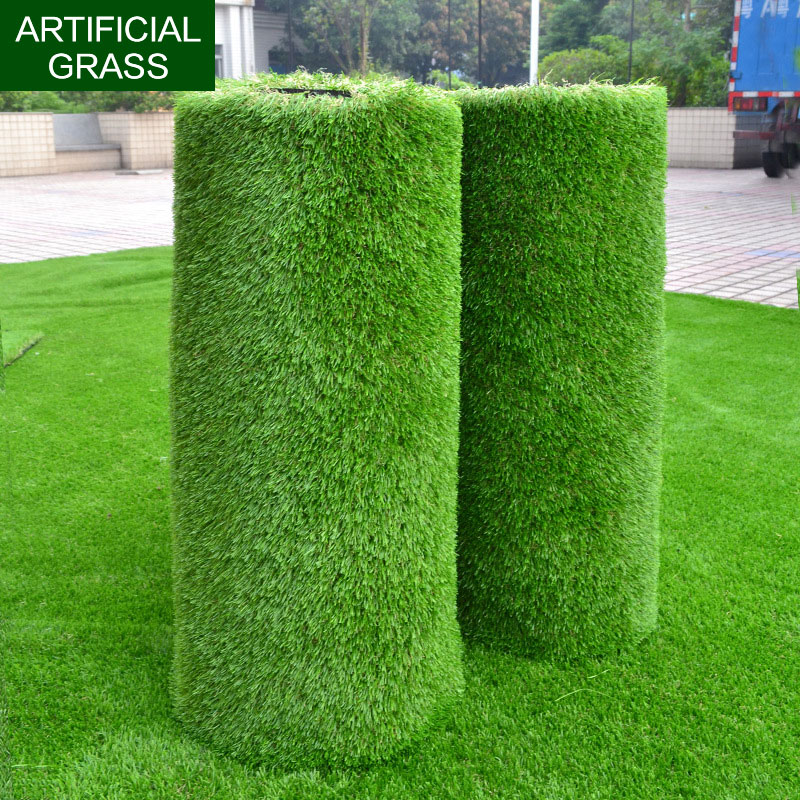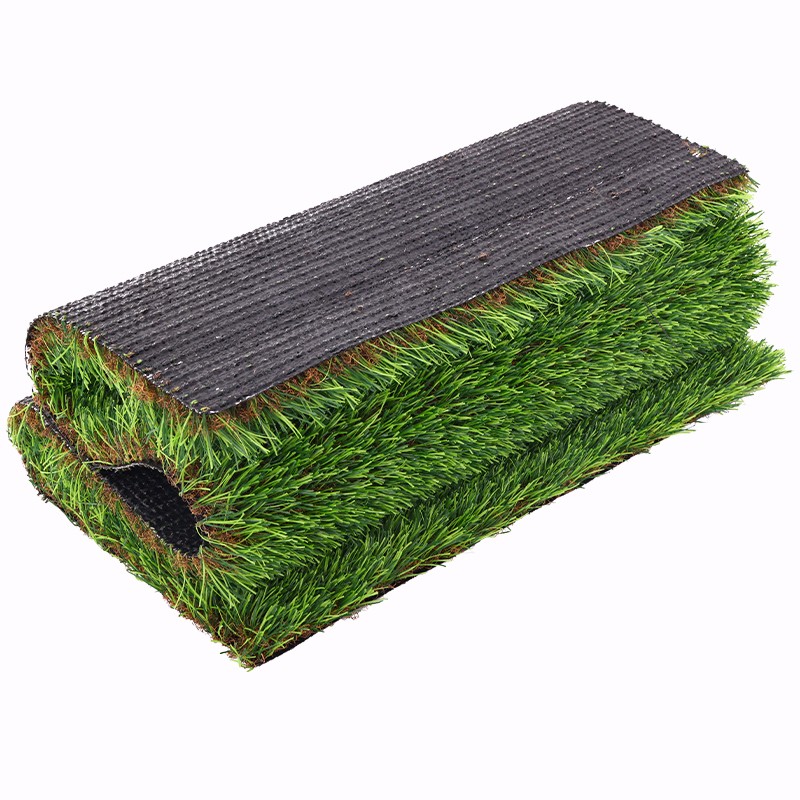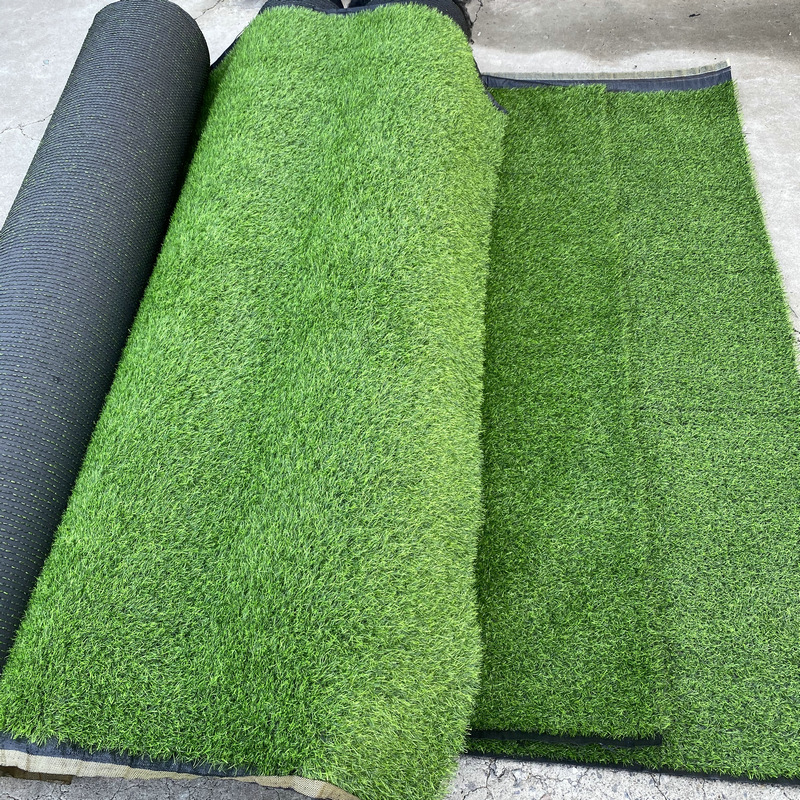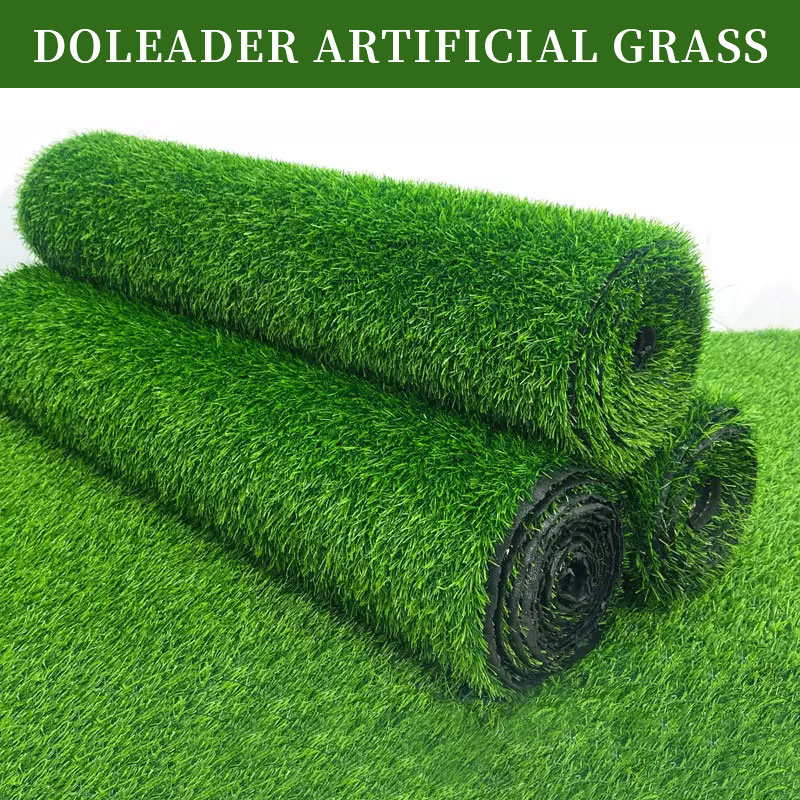
Yes, artificial grass can potentially cause allergies or irritation in some individuals. Artificial grass can be an allergy-friendly alternative to real grass because it doesn’t produce pollen or host mold or fungi. However, the synthetic fibers used in artificial grass can trap mold and dust mites, which can make allergic reactions worse. Some synthetic materials in artificial turf can also cause skin reactions like hives or rashes. Here are some of the main reasons why:
- Latex Allergens Many artificial grass products contain latex, either in the grass fibers themselves or in the backing material. Latex is a known allergen that can cause reactions like skin rashes, respiratory issues, and irritation in latex-sensitive people.
- Rubber Crumb Infill To help the artificial grass fibers stand upright, crumb rubber made from recycled tires is commonly used as infill material. The rubber particles can cause eye, skin and respiratory irritation in those with rubber allergies.
- Mold/Mildew Growth Despite being marketed as low-maintenance, artificial grass can develop mold and mildew growth, especially in shaded, moist areas. Exposure to these fungi can trigger allergies and exacerbate respiratory conditions.
- Off-Gassing Some artificial grass products use adhesives, dyes, and other chemical treatments during manufacturing. These can release volatile organic compounds (VOCs) that may cause eye, nose and airway irritation.
- Static Electricity The plastics used in artificial grass can build up significant static charges. The static shocks can cause discomfort, and the charges may allow dust and pollen to cling, aggravating allergies.
Groups at highest risk include children who may ingest rubber crumbs, as well as individuals with latex allergies, chemical sensitivities or compromised immune systems.
Proper installation onto permeable bases, routine cleaning, and avoiding overheating can help reduce allergen buildup. But complete avoidance may be necessary for those highly sensitive to any of the grass components. Always check with your doctor if concerned about turf-related allergies.










